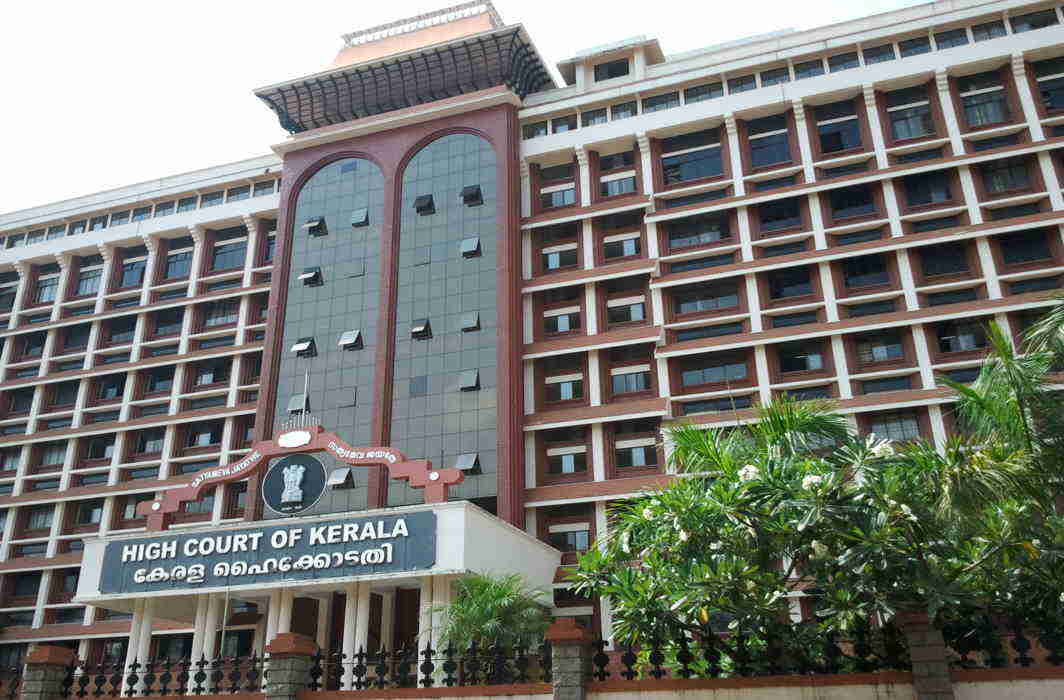New Delhi (ILNS): The Kerala High Court has set aside the conviction & life sentence of a man under section 302 IPC while holding that at the time of occurrence he was of unsound mind and due to that, he was incapable of knowing the nature of the acts done by him.
A two-judge bench of Justice A. Hariprasad and Justice M. R. Anitha has held that, “The evidence of the doctors that he was affected with bi-polar disorder with psychotic features and thinking of such patient is unpredictable and the patient would not be knowing the nature of the acts done by him would prove the unsoundness of mind of the accused.”
It observed that “No doubt, the burden of proof in criminal jurisprudence is always upon the prosecution and that burden never shifts. In a case of plea of unsoundness of mind and consequent incapacity to know the consequences of the acts done by the accused, the burden is upon the accused.
Section 84 of IPC (45 of 1860), provides that nothing is an offence which is done by a person who, at the time of doing it, by reason of unsoundness of mind, is incapable of knowing the nature of the act, or that he is doing what is either wrong or contrary to law. It is also well settled that the insanity referred therein is legal insanity and not medical insanity.”
The Kerala High Court has relied upon a judgment in case of Kuttappan v. State of Kerala [1986 KLT 364] wherein it was held that Section 84 provides a defence of legal insanity as distinguished from medical insanity. A person is legally insane when he is incapable of knowing the nature of the act or that what he was doing was wrong or contrary to law. Incapacity of the person on account of insanity must be of the nature which attracts the operation of S.84.
Under S.105 of the Evidence Act, the burden of proving the existence of circumstances bringing the case within the exception contemplated under S.84 IPC lies on the accused and the court has to presume the absence of such circumstances. Under S.4 of the Evidence Act, court has to regard the absence of such circumstances proved, ‘unless, after considering the matters before it, it believes that such circumstances existed or their existence was so probable that a prudent man ought, under the circumstances of the particular case, to act upon the supposition that they did exist.
Accused has to rebut the presumption that such circumstances did not exist by placing material before court or relying on materials already before the court, sufficient to make it consider the existence of such circumstances so probable that a prudent man would act upon them. In order to decide this question, court has to examine the available material such as oral and documentary evidence and should have due regard to admissions, presumptions and even the prosecution evidence.
Material so placed before the court may not sometimes be sufficient to discharge the burden under S.105 of the Evidence Act; however, it may raise a reasonable doubt in the mind of the court as regard one or the other of the necessary ingredients of offence itself, either actus reus or mens rea.
The crucial point of time at which unsoundness of mind should be established is the time when the crime was actually committed.
But where the investigator comes across any suggestion or material throwing any such doubt, it would be his duty to investigate the mental condition of the accused also and place the material before court.”
The Kerala High Court said, “Mens rea of the accused has much relevance in a case when the benefit under Section 84 IPC has been pleaded by an accused. So when the prosecution in this case failed to prove any motive behind the incident it would also raise a reasonable doubt of mens rea in doing the act. In other words absence of proof of motive from the side of the prosecution creates a doubt in the mind of the court regarding the mens rea entitling the accused for an acquittal.”
The Kerala High Court took note of the submission made by the counsel for the accused that he was undergoing treatment at the mental hospital during the commission of crime which was not recorded by the investigation officer thereby committing a serious infirmity in the investigation of the case.
The High Court further noted in its order, “In this context, the decision cited by the learned counsel for the appellant in Joseph Mathai @ Jose v. State of Kerala [2019 KHC 934] is relevant to be quoted. In that case while dealing with Section 84 of IPC, 1860 it has been held that if previous history of insanity of accused is revealed during investigation, investigating officer has a duty to subject the accused to a medical examination and place that evidence before court and if it is not done, it creates a serious infirmity in prosecution case and benefit of doubt has to be given to accused.”
The High Court has held, “The evidence of the doctors that he was affected with bi-polar disorder with psychotic features and thinking of such patient is unpredictable and the patient would not be knowing the nature of the acts done by him would prove the unsoundness of mind of the accused. So having considered the facts and circumstances we hold that at the time of occurrence the accused was of unsound mind and due to that, he was incapable of knowing the nature of the acts done by him. Hence he is entitled for the benefit under Sec.84 IPC.”
“The conviction and sentence passed against the appellant under Sec.302 IPC is set aside,” said the Court.
The Court passed its decision on an appeal file by a man who killed his nephew aged three and a half years by banging his head on the road by holding the leg.


